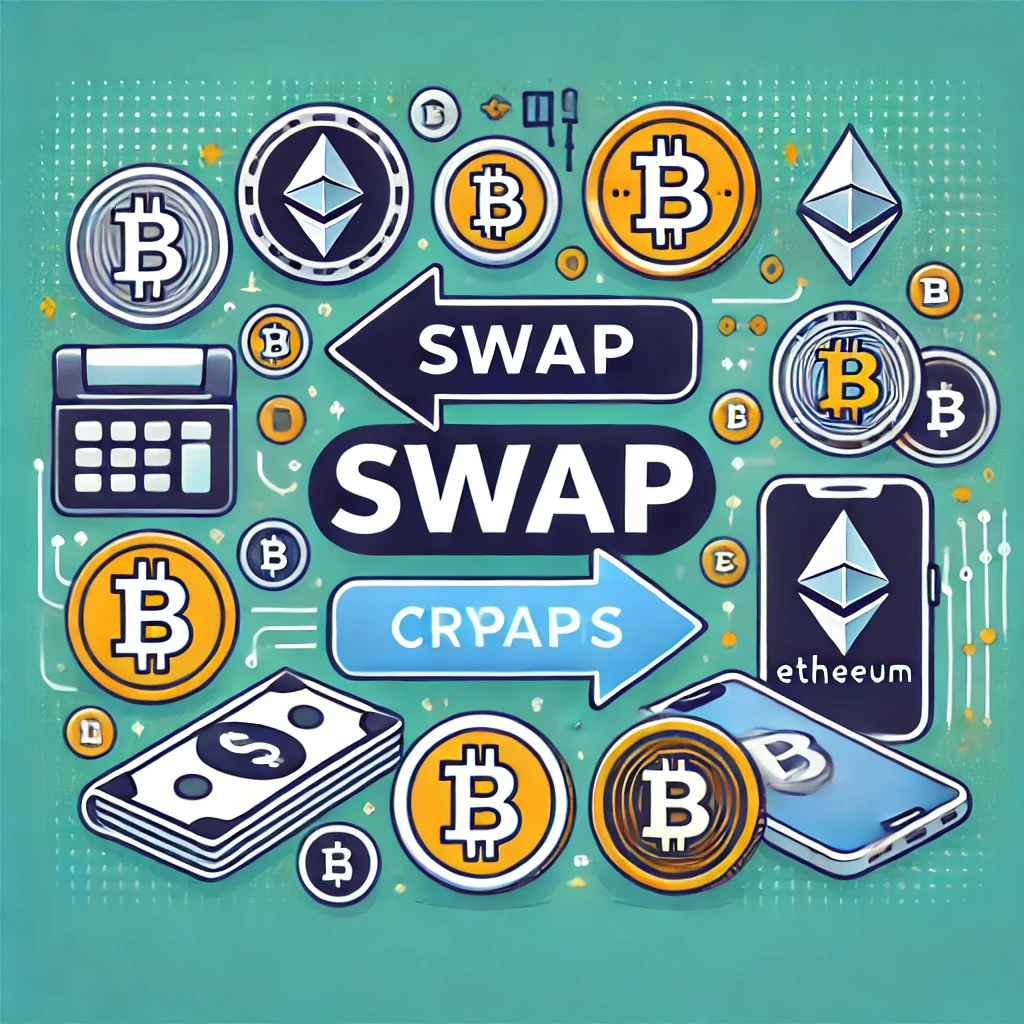
Swaps in cryptocurrency are all about exchanging one digital asset for another. Think of it like trading baseball cards—you’re swapping something you have for something you want! This can happen on decentralized exchanges (DEXs) or through smart contracts, giving you more control and privacy over your transactions.
Swaps rely on blockchain technology and smart contracts to automate everything. When you start a swap, the smart contract locks your first asset. Once the other party sends their asset, it releases your new tokens. This means you don’t have to worry about one party backing out—everything is done automatically!
If you’re concerned about privacy while trading cryptocurrencies, using a VPN (Virtual Private Network) can be a smart move. A VPN encrypts your internet connection and masks your IP address, making it much harder for anyone to track your online activities. This added layer of security is especially important in the world of crypto, where privacy breaches can lead to unwanted attention or even fraud.
When you connect to a decentralized exchange or a trading platform through a VPN, your real location remains hidden. This can help you avoid regional restrictions or regulations that may limit your trading options. Additionally, it provides peace of mind, knowing that your transactions are more private.
No-KYC (Know Your Customer) exchanges, like BingX and Blofin, allow users to trade without providing personal information. Here’s why they’re appealing:
© FatFreeBody.com2024
Discount Applied Successfully!
Your savings have been added to the cart.